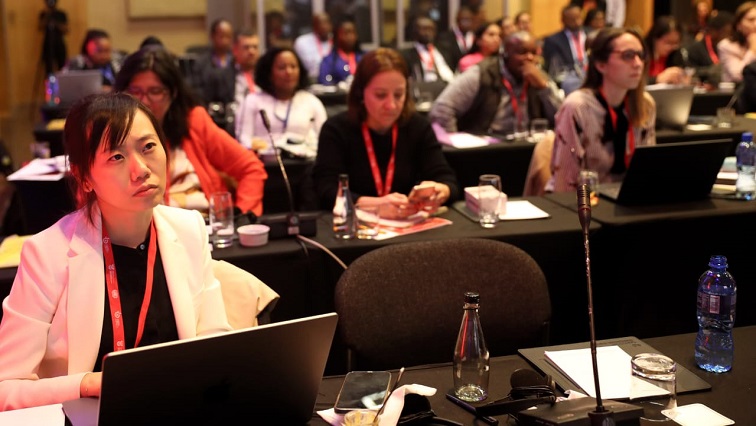Speakers at the 9th United Nations Global Forum on Gender Statistics in Sandton have highlighted the importance of measuring unpaid care work in order to develop policies that tackle the unrecognised area of work.
They argue that while there are cost implications attached to collecting gender statistics, the cost of not collecting the data will have long-lasting implications.
The existing data currently indicates that women carry the greatest burden of unpaid care work which includes caring for children, the elderly, the sick and the disabled, among others.
Developing policies for unpaid care work
Speakers at the Forum emphasised the necessity of sociodemographic and gender statistics in developing robust policies to support care work.
Assistant Director at the UN Statistical Division, Francesca Grum, says unpaid care work accounts for around 40% of global GDP.
She further notes that unpaid care work remains a burden on women, with 70% of women performing care work compared to their male counterparts.
“So, here we are talking about taking care of children, taking care of older persons in the family as well as domestic chores, cleaning, cooking fetching water etc. So, the value of this important work that is unpaid mainly on the shoulders of women can approximate between 20% to 40% of GDP and not all countries are producing these statistics. So, not all countries are valuing unpaid care work but what I say is based on the information we have for around 40 countries.”
Challenges in data collection
Statistician General at Stats SA, Risenga Maluleke, says challenges in the collection of gender data is exacerbated by competing funding priorities and barriers in accessing vulnerable members of society for counting and assessment.
“In relation to budgetary issues, we don’t stop our engagements with our colleagues at National Treasury. Every year we have a work programme which we sign off and of course this programme relates to our five-year strategy and as we do so, we look at projects that can be funded. There’s competition among a whole host of programs that we need to fund. For example, we look at the income and expenditure survey that helps us to address matters of poverty. We last did it in 2013, with a report in 2015.”
Ranji Reddy of the Department of Women, Children and People with Disabilities, says while there are workplace policies such as parental leave and maternity leave, there are other low hanging fruits in terms of policy reforms which can reduce the burden of the unpaid care work in general.
“Addressing the inequalities that women are facing in terms of access to water, energy sources, poverty alleviation programs, strengthening early childhood development – those are some of the low hanging fruit and many women are accessing basic grants. The basic grant may not be enough and in terms of monetary value, those are the low hanging fruit that we need to build on in terms of changing the reality of some women on the ground who desperately need this help.”
Tackling gender equality in the workplace
In a story carried by SABC News last year, some trade unions and experts believe that not enough is being done to confront the patriarchal structure that promotes gender disparity in the workplace.
Issues of unequal pay for same work done, lack of prevention of harassment and the creation of a harmonious workplace balance for both male and female are still a reality for many female professionals.
More details in the report below:






